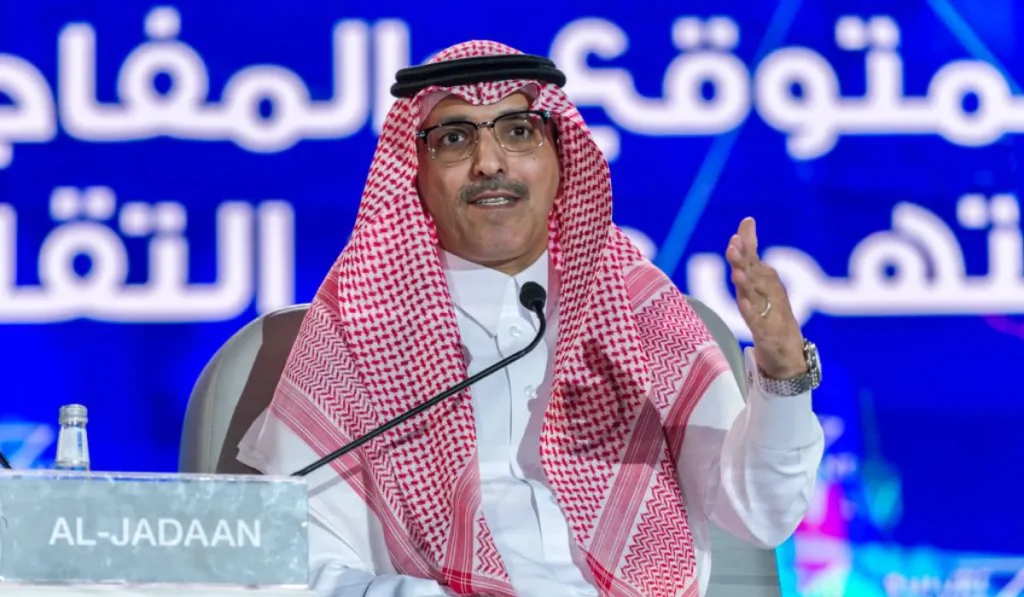The initial administrative steps required to kick-start processes under Article 6.4 of the Paris Agreement have commenced with the first meeting of the Supervisory Body held between 25 to 28 July 2022, in Bonn, Germany. Article 6.4. is widely regarded as the successor to the Clean Development Mechanism (CDM) under the Kyoto Protocol, and establishes a mechanism for the trade of GHG emission reduction credits generated through specific projects.
Success in implementing Article 6.4 is key to delivering a new standard for international carbon markets that supports enhanced mitigation and adaptation. Article 6.4 is also intended to be operationally linked to voluntary cooperation between parties to the Paris Agreement in the implementation of their Nationally Determined Contributions (NDCs) pursuant to Article 6.2. This elevates the significance of the Article 6.4 Supervisory Body’s first meeting. The Rules, Modalities and Procedures for the Article 6.4 Mechanism were adopted by the Conference of the Parties serving as the meeting of the Parties to the Paris Agreement (CMA), at COP 26, and the CMA also designated and named the Supervisory Body, as such, and invited the nomination of members and alternate members.
Perhaps the most important aspect of the Supervisory Body’s role (for Africa) is its oversight of the transition from the Kyoto Protocol’s CDM to the Article 6.4 Mechanism, including developing provisions for the development and approval of methodologies, validation, registration, monitoring, verification and certification, issuance, renewal, first transfer from the mechanism registry, voluntary cancellation and other processes required for the Article 6.4 Mechanism to assist in delivering an overall mitigation in global emissions. The Supervisory Body is also tasked with reviewing the set of CDM Methodologies with the intention of applying them (appropriately amended) for the purposes of Article 6.4 Activities. CDM veterans will be aware that the terminology used for the Article 6.4 Mechanism relies heavily on CDM parlance, and the Supervisory Body has even received a letter from the CDM Executive Board offering support in operationalizing the Article 6.4 Mechanism.
On procedural matters, the Supervisory Body agreed to its draft Rules of Procedure and to recommend the Rules for adoption by the CMA, at COP 27. Formulation of the 2022/2023 workplan has also commenced, including the mapping of necessary deliverables, indicative timelines, available CDM expertise, human and financial resource implications and other actions required to operationalize the Article 6.4 Mechanism. The second and third meetings of the Supervisory Body will occur, respectively, on 19 to 22 September 2022 (Bonn, Germany) and 3 to 5 November 2022 (Sharm el Sheik, Egypt).
Important takeaways for Africa
- Most Africa countries have expressed a desire in their NDCs to participate in a future carbon market under the Paris Agreement and to generate finance from this market partially to support the implementation of their NDCs.
- The Supervisory Body of the Article 6.4 Mechanism has a fundamental role to play in framing the future of the international carbon market.
- African country Parties to the Paris Agreement are advised to scrutinize the evolution of the Article 6.4 Mechanism through the meetings of the Supervisory Body and the administrative and operational decisions that flow from such meeting.
Useful links
- Decision 3/CMA.3 – Rules Modalities and Procedures for the Article 6.4 Mechanism: Report of the Conference of the Parties serving as the meeting of the Parties to the Paris Agreement on its third session, held in Glasgow from 31 October to 13 November 2021. Addendum. Part two: Action taken by the Conference of the Parties serving as the meeting of the Parties to the Paris Agreement at its third session | UNFCCC
- Article 6.4 Supervisory Body, draft Rules of Procedure: SB001_propan01_Draft Rules of Procedure of Art._6.4_SB (unfccc.int)
- Meeting Report, Article 6.4 Supervisory Body, First Meeting: SB001_meeting report (unfccc.int)
- UNFCCC Press Release, “Article 6.3 Supervisory Body Kickstarts Work Anchoring Markets in Broader Paris Context: Article 6.4 Supervisory Body Kickstarts Work Anchoring Markets in Broader Paris Context | UNFCCC






